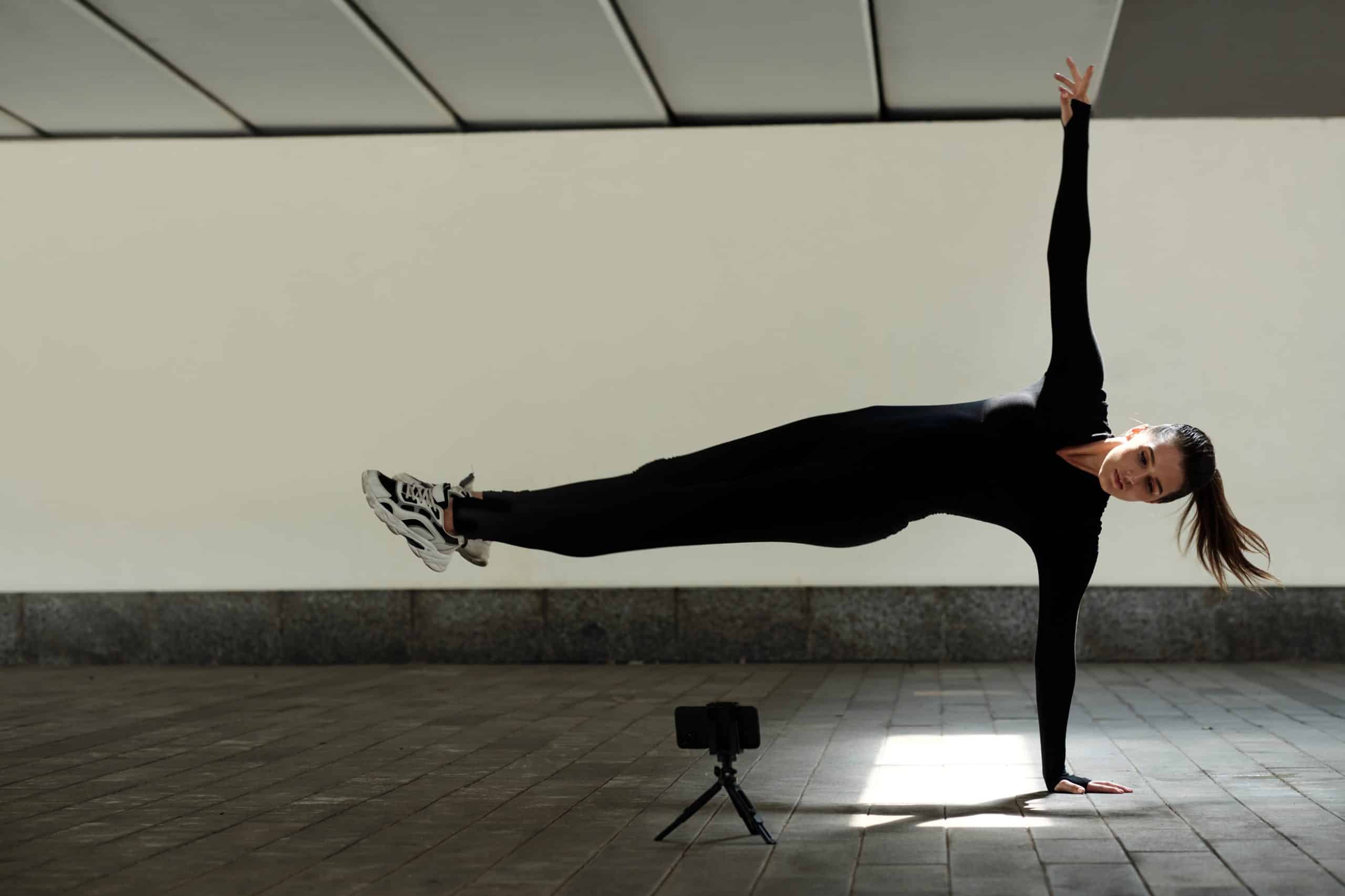How Can Anger Management Techniques Impact Performance in Competitive Martial Artists?

Sweat drips from the brow, muscles twitch in readiness, and adrenaline courses through the veins. Welcome to the world of martial arts, a realm where both physical prowess and mental agility reign supreme. As scholars of sports psychology will tell you, the path to victory in this arena isn’t solely carved out with brute force. Indeed, the battle raging within an athlete’s mind can be just as hard-fought as the one playing out on the mat.
In today’s discourse, we will traverse the psychological landscape of martial arts and delve into how anger management techniques can impact performance in competitive martial artists. We’ll draw on a wealth of studies, insights from Google Scholar and Crossref, and the wisdom of seasoned athletes to shed light on this intricate topic.
Avez-vous vu cela : How Can Anterior Cruciate Ligament (ACL) Injury Prevention be Integrated into Soccer Training?
The Psychology of Martial Arts: More than Just Physical Skills
In the realm of martial arts, a swift kick or a powerful punch isn’t enough. The mental game plays a significant role in determining not just the outcome of a match, but also the overall trajectory of an athlete’s career.
A study published in the Journal of Applied Sport Psychology revealed that mental skills, including the ability to manage emotions, significantly predict performance in martial arts. Moreover, the research underscored that these mental abilities could be enhanced through dedicated training.
A lire aussi : What Are the Optimal Breathing Exercises for Reducing Performance Anxiety in Musicians?
Anger, a common emotion in high-stakes, high-pressure environments like competitive martial arts, can be a double-edged sword. On one hand, it can fuel a fighter’s aggression, lending them a critical edge in combat. On the other hand, uncontrolled anger can spiral into a destructive force, leading to poor decisions, unnecessary penalties, and even injuries.
Anger Management in Martial Arts: A Balancing Act
An integral part of the psychology of martial arts revolves around managing emotions, particularly anger. The challenge lies in wielding anger as a source of energy and motivation, without letting it escalate into uncontrolled aggression.
Research published in the Journal of Health Psychology highlights the importance of emotional regulation in sports. The study found that athletes who effectively manage their emotions, including anger, demonstrate better performance and resilience in the face of adversity.
In the context of martial arts, anger management techniques can take several forms, such as mindfulness training, cognitive restructuring, and deep breathing exercises. These techniques can help martial artists channel their anger in a constructive way, using it to fuel their motivation and focus without succumbing to reckless aggression.
Anger Management Techniques: An In-depth Look
Let’s delve deeper into these anger management techniques and how they can be incorporated into a martial artist’s training regimen.
-
Mindfulness Training: Mindfulness training involves being fully present and aware of one’s emotions, thoughts, and physical sensations. This technique is beneficial for martial artists as it can help them recognize and understand their anger, enabling them to respond to it in a more controlled, strategic manner.
-
Cognitive Restructuring: Cognitive restructuring is a psychological technique that involves identifying and challenging negative or irrational thoughts that can fuel anger. By reframing these thoughts, martial artists can reduce their anger and improve their emotional control, thereby enhancing their overall performance.
-
Deep Breathing Exercises: Deep breathing exercises can help martial artists regulate their physiological responses to anger. By slowing their heart rate and calming their nervous system, they can maintain their composure, even in the heat of combat.
The Impact of Anger Management on Performance
The application of anger management techniques can have far-reaching impacts on a martial artist’s performance. Beyond the obvious benefits of improved emotional control and reduced risks of penalties or injuries due to uncontrolled aggression, these techniques can enhance an athlete’s focus, decision-making skills, and resilience.
A study in the Journal of Sports Sciences highlights the connection between emotional control and performance. The research found that wrestlers who exhibited better emotional regulation had higher performance levels during a competition.
Likewise, a study in the International Journal of Sport and Exercise Psychology identified a positive correlation between anger management and the ability to withstand pressure in a competitive environment. The findings suggest that martial artists who can effectively manage their anger are more likely to maintain their composure and perform well, even under high pressure.
As we progress in the digital age, the value of mental strength in sports, particularly martial arts, cannot be understated. In the words of renowned MMA fighter Georges St-Pierre, "A great athlete is, yes, a physical specimen, but he’s also a warrior mentally." By incorporating anger management techniques into their training, martial artists can strengthen their mental prowess, giving them a competitive edge in the demanding world of combat sports.
Incorporating Anger Management into Training Regimens
Incorporating anger management techniques into regular training regimens should not be overlooked by martial artists and their coaches. Google Scholar and Crossref have numerous studies that emphasize the importance of mental health and emotional regulation in peak athletic performance.
Mindfulness training is one method that is gaining popularity in sport psychology. This approach encourages athletes to be in the present moment, attentive to their feelings and responses. It helps martial artists develop a deeper awareness of their emotional states, thus providing them with the necessary tools to manage anger efficiently.
Cognitive restructuring, another psychological technique, has also been proven effective in anger management. It involves identifying negative or irrational thoughts and systematically challenging them. By transforming these thoughts into a more positive narrative, martial artists can reduce their anger, improving their emotional control and, consequently, their performance in combat sports.
Deep breathing exercises are also beneficial for martial artists. By controlling their breathing, athletes can regulate their physiological reaction to anger, calming their nervous system, and maintaining their composure in high-pressure situations.
Moreover, other studies available on Scholar Crossref underscore the role of motor skills training not only in enhancing physical prowess but also in managing emotions. By focusing on the execution of complex movements, martial artists can divert their mind from negative thoughts, thus helping to control anger levels.
Conclusion: The Synergy between Physical and Mental Toughness
The world of martial arts is a complex interplay of physical aggression, precise motor skills, unique personality traits, and mental toughness. As any seasoned MMA fighter will attest, the sport is as much a mental battle as it is a physical contest. The ability to control and channel one’s emotions, particularly anger, can significantly impact a martial artist’s performance.
The intricacies of controlling anger in martial arts is a testament to the sport’s mental demands. It’s not merely about physical prowess but also about mental toughness and emotional regulation. Anger management techniques like mindfulness training, cognitive restructuring, and deep breathing exercises can be instrumental in helping martial artists achieve a crucial balance between aggression and control.
The incorporation of such techniques into regular training experience can result in more focused, resilient, and efficient martial artists. As research from Scholar PubMed and other resources suggest, such a combination of physical and mental training can lead to improved performance in martial arts combat.
In conclusion, the high-octane world of martial arts demands not just physical strength and skills, but also a robust mental framework. It’s a binding truth that champions are not only made on the mat but also in the mind. As MMA athletes, the task lies in harnessing the power of anger and channeling it constructively to enhance performance, proving in every sense that the mind is indeed a warrior’s most potent weapon.
